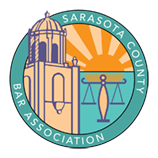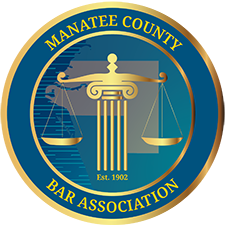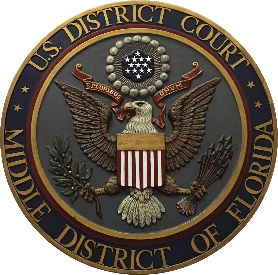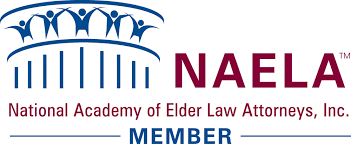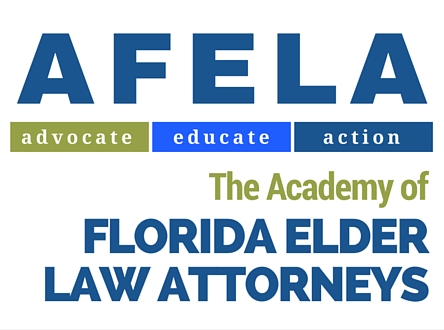Funding Your Revocable Trust: Choosing Assets
Funding a revocable living trust is an important step to ensure that the trust operates as intended, offering the benefits of avoiding probate, maintaining privacy, and potentially easing the management of your assets during your lifetime and after. The assets you should consider transferring to your trust depend on your individual circumstances, financial goals, and the nature of your holdings. Here are some common types of assets that are often used to fund a revocable living trust:
Real Estate: This includes your primary residence, vacation homes, rental properties, and any other real estate holdings. Transferring real estate to your trust can help ensure a smooth transition of these assets to your beneficiaries without the need for probate.
Bank Accounts: Checking, savings, and money market accounts can be retitled in the name of your trust. This allows these assets to be managed according to the terms of the trust without going through probate.
Investment Accounts: Non-retirement investment accounts, including stocks, bonds, and mutual funds, can be transferred into your trust. This does not include retirement accounts like IRAs and 401(k)s, which are treated differently due to tax considerations.
Personal Property: Tangible personal property such as jewelry, art, collectibles, and other valuable items can be included in your trust. You might need to create a detailed list of these items in an attachment to the trust document.
Business Interests: Ownership interests in businesses, such as partnerships or closely-held corporations, can be transferred to your trust, facilitating business continuity and succession planning.
Intellectual Property: Copyrights, patents, and trademarks may also be transferred into your trust, which can be important for authors, inventors, and creators who wish to manage how their intellectual property is handled after their death.
Life Insurance Policies: While life insurance policies are often handled through beneficiary designations, in some cases, it might be advantageous to have the trust own the policy, especially if you want the proceeds to be distributed according to the specific terms of the trust.
Safe Deposit Boxes: The contents of safe deposit boxes can be transferred to your trust, ensuring that trustees have access when needed.
Understanding which assets to place in your trust, tailored to your unique circumstances, can be complex. At Wills, Trusts, Probate & Elder Law Firm, PLLC, we’re committed to providing you with expert guidance on the proper transfer methods for different asset types, ensuring they align with your trust’s objectives. It’s important to note that merely establishing a trust doesn’t circumvent probate for assets that aren’t correctly titled. Let us help you navigate these nuances. To start a conversation about securing your legacy, please reach out at 941-914-9145 or submit an inquiry through our contact form. Our team is ready to arrange a consultation at your convenience.

